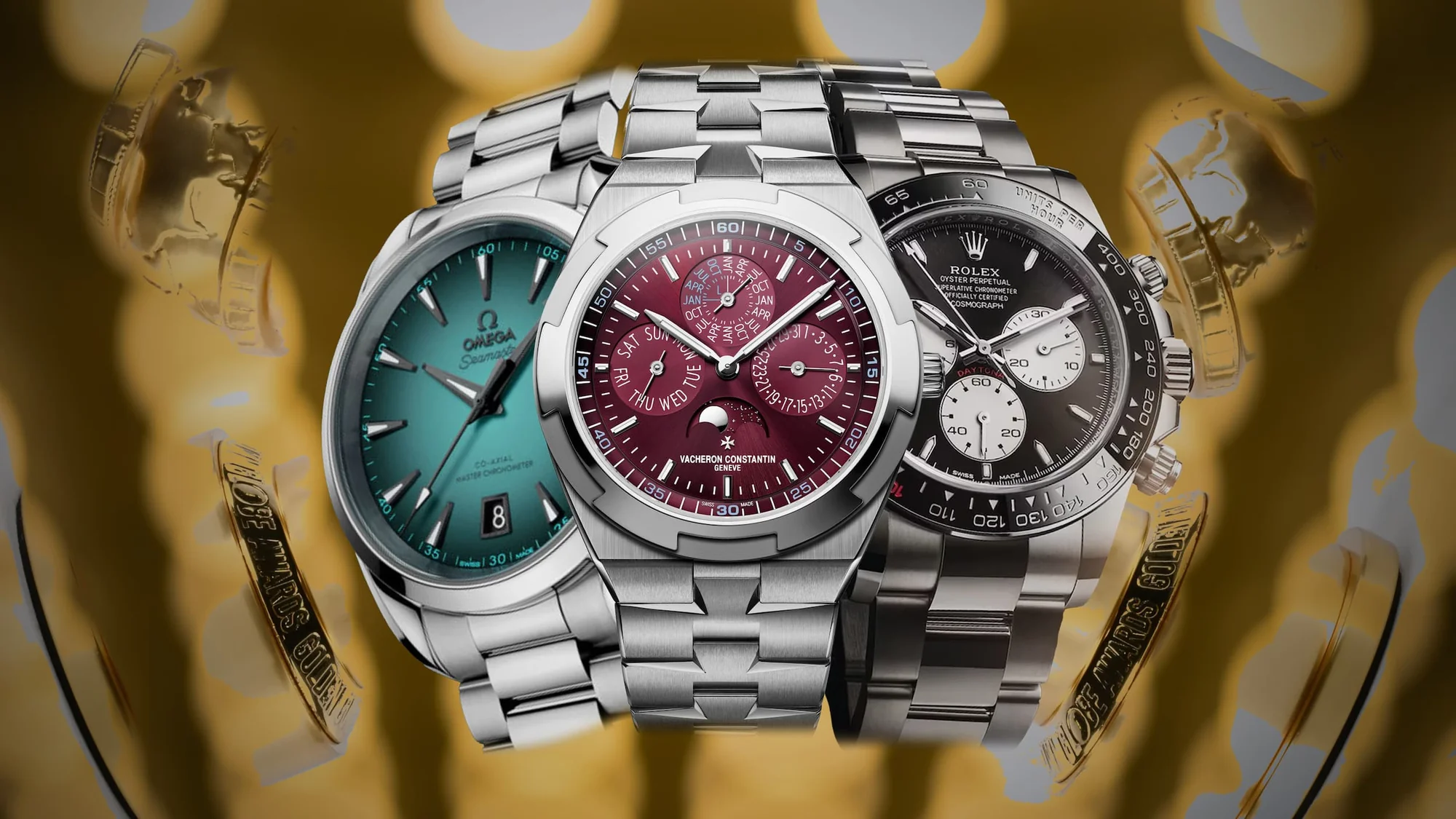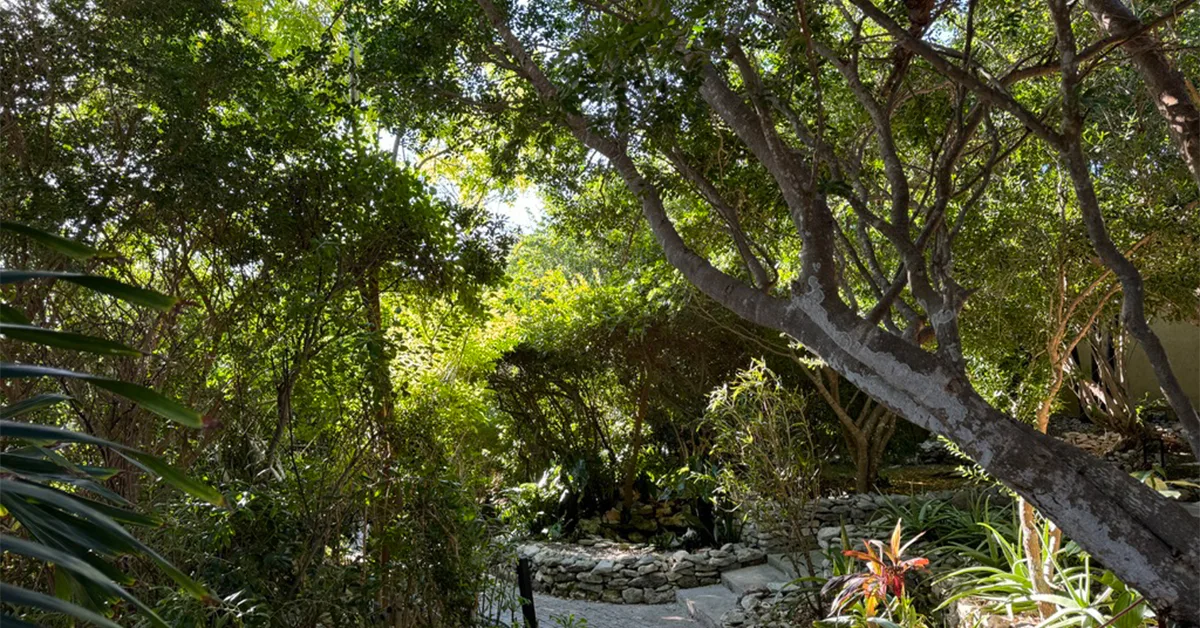A Brief Overview of Diageo’s Present Financial Situation
The stock price of Diageo, a world leader in the drinks industry, fell sharply not long ago. The company’s future, including the likelihood of it becoming a takeover target, has been discussed among investors and experts due to this decrease. In this in-depth study, we look at the possible causes of Diageo’s falling stock price and assess the chances and consequences of a takeover.
The Reasons Behind Diageo’s Stock Price Drop: Market Trends and the Economy
Market dynamics and larger economic reasons both contributed to the fall in Diageo’s stock price. Inflationary pressures and geopolitical tensions have worsened the global economic recession, which has affected consumer purchasing patterns. The subsequent impact on the sales performance of high-end goods, such as premium spirits, is evident.
Obstacles from Within and Mistakes in Strategy
The stock price of Diageo has been falling due to a number of internal issues. Some examples of these include problems with the supply chain, higher production costs, and failed market strategies. Worries regarding the company’s financial viability have been heightened by the fact that its ambitious acquisition strategy has resulted in higher debt levels.
Diageo’s Market Share and Brand Portfolio in the Spirits Industry
Johnnie Walker, Guinness, Smirnoff, and a host of other famous brands are part of Diageo’s extensive portfolio. Global powerhouses like Pernod Ricard and Brown-Forman provide formidable competition, notwithstanding the company’s commanding market share. In a highly competitive industry, it is essential to constantly innovate while implementing efficient marketing techniques to maintain and grow market share.
Consumer Preferences and Trends
Sales for Diageo have been affected by consumers’ changing tastes towards healthier living and premiumization. The overall growth in volume has been slow, but demand for premium and super-premium spirits is still strong. If it wants to keep its dominant market position, Diageo will need to adjust to these shifting tastes.
Possible Takeover: Benefits and Drawbacks The Justification for a Takeover
Diageo is now a desirable acquisition target due to its falling stock price. Strategic synergies, cost savings, and a stronger position in the market are all possible outcomes of a takeover. Suspending a takeover might provide Diageo with a new sense of purpose and financial security.
Possible Buyers and How They Fit Strategically
Several corporations are considering taking over Diageo. Consolidating market leadership could be beneficial for Pernod Ricard, thanks to its complementing brand portfolio. Diageo’s solid cash flows and brand equity can also entice private equity groups to look into acquiring the company.
Concerns and Difficulties with a Takeover
There are many potential upsides to a takeover, but there are also many potential downsides. There may be obstacles related to cultural assimilation, regulatory clearances, and possible antitrust concerns. To make sure the merger goes smoothly, the buying business also has to handle Diageo’s current debt and operational complexity with care.
Strategy Suggestions for Diageo to Improve Its Financial Situation
Diageo should prioritize fortifying its financial position to reduce the likelihood of a takeover and boost investor trust. Part of this process involves selling off non-essential assets, improving operational efficiencies, and lowering debt levels. The organization will have more strategic leeway if its financial situation improves.
Innovation and Strengthening Our Position in the Market
To keep up with shifting customer tastes, Diageo must keep innovating. It is critical to put money into research and development, enter new markets, and use digital marketing methods. One way to fuel growth in the long run is to fortify its foothold in developing markets, especially in Africa and Asia.
Prioritizing Long-Term Viability and Social Duty
Investors and consumers alike are placing a greater emphasis on companies that demonstrate sustainability and accountability. Reducing environmental impact and encouraging responsible drinking should be the primary goals of Diageo’s sustainability activities. The company’s standing will be elevated even higher by open and honest reporting and proactive involvement of stakeholders.
Last Thoughts: Looking Ahead
Diageo faces risks and opportunities as a result of its current issues and dropping stock prices. The organization can navigate this uncertain moment by proactively addressing concerns relating to finances, operations, and the market. Diageo is well-positioned for future success thanks to its durability and strong brand, which it may use to undergo internal reform or pursue external alliances.










